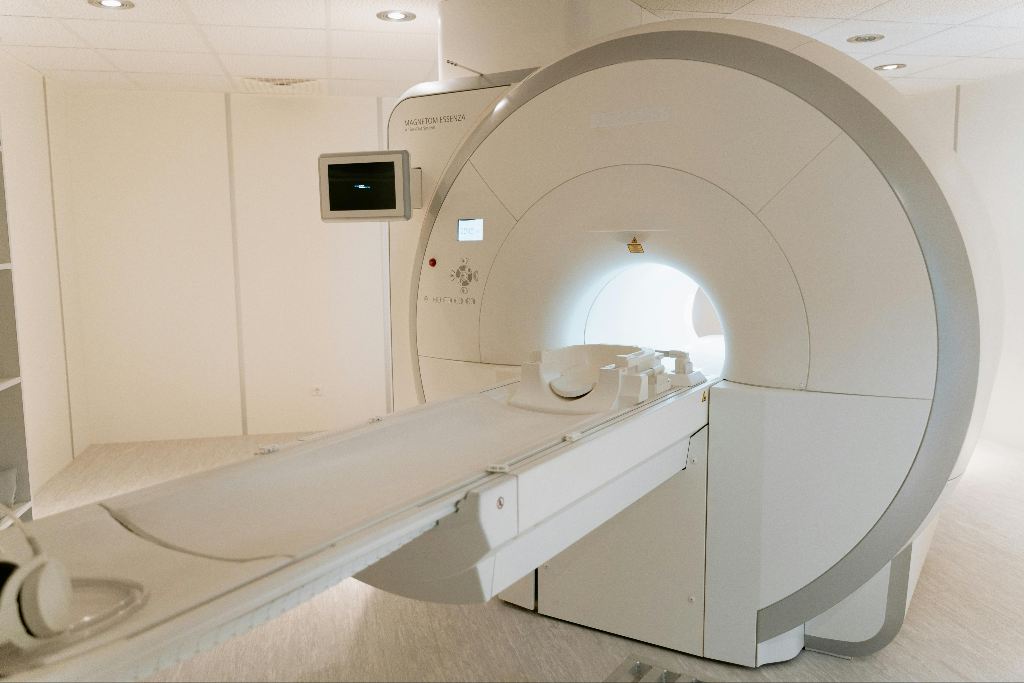Did you know that it’s possible to experience a migraine without the pain? Or that an interruption to your vision, like seeing stars or zig-zag patterns can possibly be related to a migraine?
The term “ocular migraine” is an umbrella term to describe a variety of visual impairments associated with a migraine whether or not severe headache pain or nausea is present.
The following will help you better understand how your vision can be affected by migraines and how an Atlanta neurology doctor can help.
Symptoms of an Ocular Migraine
Generally, the term “ocular migraine” is either referring to migraine aura (a wide variety of visual symptoms and sensations that occur in both eyes for a short period of time), or to a retinal migraine (when only one eye experiences temporary vision impairment).
While they may have similar symptoms, it is helpful to distinguish between the two.
Migraine Aura
Symptoms of migraine aura are related to temporary visual impairment in both eyes, like seeing flashing lights, stars, patterns, and blind spots. These symptoms typically go away after a short period of time.
In addition to visual symptoms, other sensations may be affected during that time, including motor skills, speech, and other minor impairments to the central nervous system. Migraine aura can preclude or accompany a migraine with head pain and nausea, though this is not always the case.
Retinal Migraine
The symptoms of a retinal migraine are most notably different from migraine aura in that they occur only in one eye, not both. The symptoms themselves often present as more severe, such as temporary loss of vision.
Symptoms may also include seeing flashing lights or obscured vision in the one eye. Retinal migraine symptoms almost always occur before or during a migraine attack where significant head pain is present.
Diagnosing an Ocular Migraine
If you are experiencing any kind of impairment to your vision similar to the symptoms above, it is always important to discuss those with your doctor. A neurologist can help a patient distinguish between whether they are experiencing migraine aura or more serious retinal migraines.
Neurologists use advanced technologies and state-of-the-art equipment to assess the electrical activity of the brain and how it is communicating with the eyes. Irregular electrical activity in the brain can be affected by a variety of environmental factors, such as times of extreme stress or spending a significant amount of time staring at a screen each day. Your neurologist will speak with you regarding your symptoms, your daily experiences, and utilize diagnostic tests when necessary to establish an accurate diagnosis.
Ocular Migraine Treatment Options
For symptoms that are infrequent or less severe, treatment options can range from lifestyle adjustments to over-the-counter medications. Symptoms of migraine aura are generally considered less serious and, while they can certainly be disorienting at the time, are always reversible.
A doctor may work with you to identify triggers of migraine attacks to see if addressing these can decrease or resolve migraine aura. In more serious cases, such as with retinal migraines, your doctor may want to explore additional options to see if these symptoms are a signal of something more serious.
Your neurologist should provide an individualized treatment plan with an emphasis on non-invasive approaches and aiming for a full recovery.
The AICA Orthopedics Experience
AICA Orthopedics offers 20 locations in the Atlanta area with each housing a team of multi-specialty doctors and medical professionals to address all our patients’ needs in one convenient location.
Each AICA location boasts a team of orthopedic doctors, neurologists, physical therapists, chiropractors, and more who work together on individualized treatment plans for each patient to ensure the swiftest, safest road to recovery.
If you are experiencing changes in your vision, perhaps accompanying migraine attacks, and are concerned about how this may impact any daily activities, then speak with one of our neurologists today.
We offer consultations with diagnostic image testing often available the same day so we can provide you with as much information as possible so you can experience symptom relief as soon as possible. Visit any of our clinics near you.





